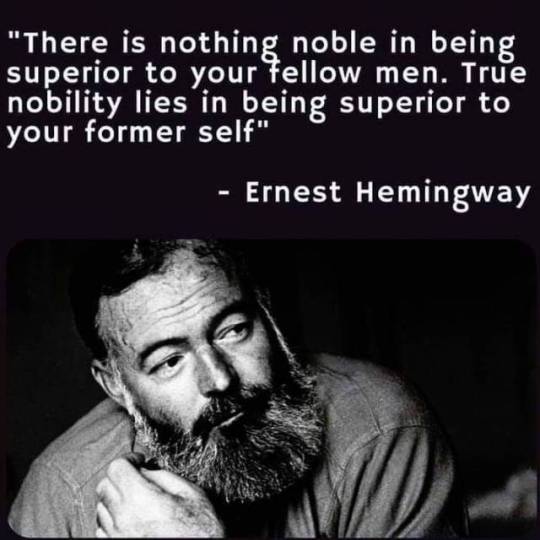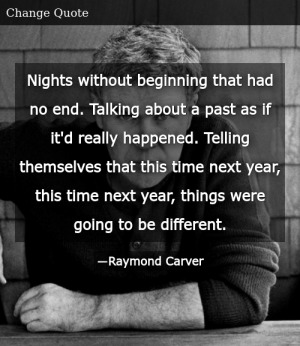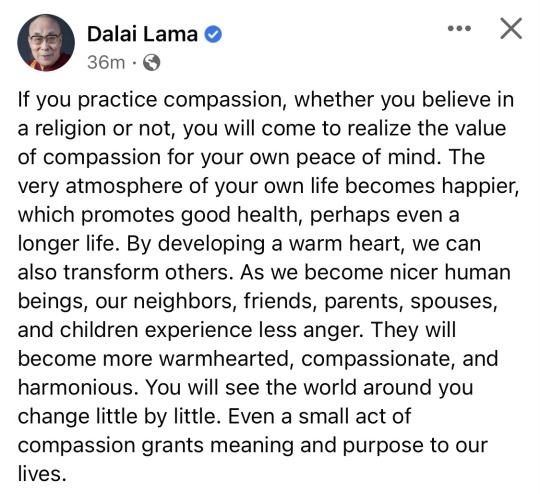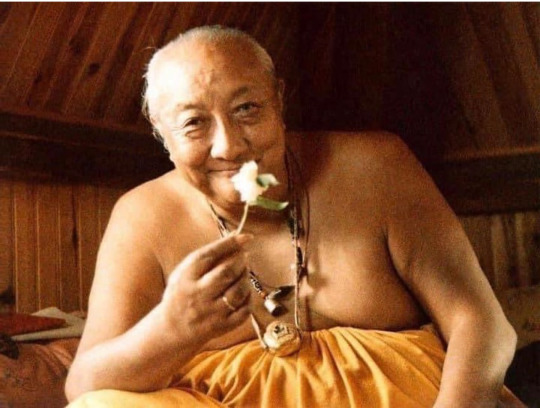#dali lama
Text

Rest in the natural state of pure awareness.
Don't let the ordinary mind contrive and spoil it, but release everything, spacious and even. Don't follow rising thoughts; leave them be. Let whatever appears unfold and naturally liberate itself.
~ Jamyang Khyentse Chokyi Lodro offered these words of advice to his spiritual consort, Khandro Tsering Chodron.
#buddha#buddhist#buddhism#dharma#sangha#mahayana#zen#milarepa#tibetan buddhism#thich nhat hanh#dzogchen#dzambala#dali lama#four noble truths#padmasambhava#guru rinpoche#buddha samantabhadra#rainbow body#bodhisattva#manjushri#vajrasattva#vipassana#vajrapani
13 notes
·
View notes
Photo






INSPIRATIONAL
20 notes
·
View notes
Text

👅
11 notes
·
View notes
Link
Sexual abuse in monasteries and oppressive feudalism in traditional Tibetan society has been factored out of the argument against China's occupation, oversimplifying it.
Han Chinese guards deliberately obstruct the pilgrim route through Lhasa to the holy Jokhang temple by sipping tea at strategically placed tables in the middle of the road. In front of the Potala, the Dalai Lama's former seat of power, an imposing guarded concrete square glorifies China's occupation.
Tibet seems like as a celestial paradise held in chains, but the west's tendency to romanticise the country's Buddhist culture has distorted our view. Popular belief is that under the Dalai Lama, Tibetans lived contentedly in a spiritual non-violent culture, uncorrupted by lust or greed: but in reality society was far more brutal than that vision.
Last December, Ye Xiaowen, head of China's administration for religious affairs, published a piece in the state-run China Daily newspaper that, although propaganda, rings true. "History clearly reveals that the old Tibet was not the Shangri-La that many imagine", he wrote "but a society under a system of feudal serfdom."
Until 1959, when China cracked down on Tibetan rebels and the Dalai Lama fled to northern India, around 98% of the population was enslaved in serfdom. Drepung monastery, on the outskirts of Lhasa, was one of the world's largest landowners with 185 manors, 25,000 serfs, 300 pastures, and 16,000 herdsmen. High-ranking lamas and secular landowners imposed crippling taxes, forced boys into monastic slavery and pilfered most of the country's wealth – torturing disobedient serfs by gouging out their eyes or severing their hamstrings.
Tashi Tsering, now an English professor at Lhasa University is representative of Tibetans that do not see China's occupation as worse tyranny. He was taken from his family near Drepung at 13 and forced into the Dalai Lama's personal dance troupe. Beaten by his teachers, Tsering put up with rape by a well-connected monk in exchange for protection. In his autobiography, The Struggle for Modern Tibet, Tsering writes that China brought long-awaited hope when is laid claim to Tibet in 1950.
After studying at the University of Washington, Tsering returned to Chinese-occupied Tibet in 1964, convinced that the country could modernise effectively by cooperating with the Chinese. Denounced during the Cultural Revolution, arrested in 1967 to spend six years in prison and labour camps, he still maintains that Mao Tse-Tung liberated his people.
Caught between a system reminiscent of medieval Europe and a colonial force that brought forced collectivisation and similar human rights abuses, Tibet moved from one oppressive regime to another.
During the 1990s, Tibetans suspected of harbouring nationalist tendencies were arrested and imprisoned and in 2006, Romanian climbers witnessed Chinese guards shooting a group of refugees headed for the Nepalese border. China's abhorrent treatment of "political subversives" has rightly spurned a global Free Tibet movement, diminishing the benefits that it did bring to society.
After 1959, it abolished slavery, serfdom and unfair taxes. Creating thousands of jobs through new infrastructure projects, it built Tibet's first hospitals and opened schools in every major village, bringing education to the masses. Clean water was pumped into the main towns and villages and the average life expectancy has almost doubled since 1950, to 60.
Even so, in 2001 the Dalai Lama said: "Tibet, materially, is very, very backward. Spiritually it is quite rich. But spirituality can't fill our stomachs."
Freedom for Tibet is not simply a case of liberation from China and the reinstatement of traditional values. Around 70 per cent of the population lives below the poverty line and enhanced spirituality alone will not improve economic conditions. Poverty is not quaint no matter how colourful the culture and the Tibet question is one that should be addressed from a rational, rather than an idealised viewpoint.
Nearby Bhutan, which has a similar Buddhist culture that it tried to preserve by banning television until 1999 and limiting foreign visitors, only held its first democratic elections in 2007. The Dalai Lama now promotes democracy, but Tibet may well have looked worse than it does today if the old order had been left to its own devices.
#tibet#china#human rights#world news#law#article#feudalism#chattel slavery#slavery#dali lama#free tibet#chairman mao#history#1990s#1950s#Bhutan#buddhism#Mao Tse-Tung#asia
8 notes
·
View notes
Text
Bir insanın düşmanı, en büyük öğretmenidir." - Dalai Lama
6 notes
·
View notes
Text
"We have a saying in Tibet: if the problem can be solved there is no use worrying about it. If the problem can't be solved worrying will do no good. So stop worrying."
~ The Dali Lama (film: 7 Years in Tibet)
9 notes
·
View notes
Text
What's holding you back?
What’s holding you back?
Not a huge Tony Robbins fan, but this is one of his better quotes.
Most of us are nowhere as happy or successful as we might be. Something is holding us back from achieving what we want in terms of relationships, life style, spirituality, professional growth, or a number of other things we might be seeking. You probably have guessed by now, but much of what I write about is my own struggles and…

View On WordPress
#attitude#bad habits#Bill Gates#bored#change#Dali Lama#Elon Musk#future#Fyodor Dostoevsky#Jeff Bezos#laziness#money#Mother Teresa#priorities#risk#success
12 notes
·
View notes
Text

#quotes#loves quotes#truth#photo quotes#love#lovesquotes333#book quotes#relationships#love quotes#be happy#dali lama#compasssion
1 note
·
View note
Text

#lasting happiness#desmond tutu#dali lama#the book of joy#awesome#peace#loveislove#let the sunshine in
1 note
·
View note
Text

STAY FREE IN UNSHAKEN SERENITY
"Maintain that state of simplicity. If you encounter happiness, success, prosperity, or other favorable conditions, consider them as dreams or illusions, and do not get attached to any of them.
If you are stricken by illness, calamity, deprivation, or other physical and mental trials, do not let yourself get discouraged, but rekindle your compassion and generate the wish that through your suffering all beings suffering may be exhausted.
Whatever circumstances arise, do not plunge into either elation or misery, but stay free and comfortable, in unshaken serenity."
~ H.H. Dilgo Khyentse Rinpoche
#Dilgo Khyentse Rinpoche#buddha#buddhist#buddhism#dharma#sangha#mahayana#zen#milarepa#tibetan buddhism#thich nhat hanh#Padmasambhava#Guru Rinpoche#four noble truths#amitaba buddha#dzambala#dali lama#dzogchen#dhamma#buddha samantabhadra#bodhidharma#rainbow body#Bodhisattva#manjushri#vajrasattva#vipassana#vajrapani#vajrayana
11 notes
·
View notes
Text

“The Dalai Lama would like to apologize for his recent inappropriate comments toward a young boy, as His Holiness just wanted to fit in better and have more to talk about with other men of the cloth,”
HOLY SHIT ONION!
0 notes
Photo

Dali Llama , abuse of power 2023
portrait by
Technodrome1
0 notes
Text
#dali lama#quotes#daily inspiration#writers#writers on tumblr#writing#writer#writing prompt#my writing#daily writing prompt#daily writing#writing tool#story
1 note
·
View note
Text
If you are into spirituality especially Buddhism this will be of intrigue:
I am a HUGE history nerd and the oppression of Tibet including their historical Uprising Day of 1959 still pains me. Tibetans are such a unique, magical, peaceful people. They have so much simplistic knowledge that it can seem basic to the uneducated. But their practices are so powerful the Chinese government chose to crush them. They say the Dali Lama has the power to unite all the Tibetan people. This is why they exiled him and divided Tibet. I love the Dali Lama of compassion and his words in the above article!
I was also re-watching 7 Years in Tibet with Brad Pitt when I looked this article up and it really sparked my passion for this cause again! I can't wait until I get a change to travel to Tibet!
Free Tibet!
"Whilst sincerely striving in the ten activities
Of the supreme vehicle, the Mahayana,
May I always be helped by powerful deities
And may an ocean of good luck spread everywhere."
~ The Dali Lama
#free tibet#tibet#tibet news#tibetan#tibatan buddhism#buddhism#dali lama#spirituality#peace#human rights#advocacy
3 notes
·
View notes

